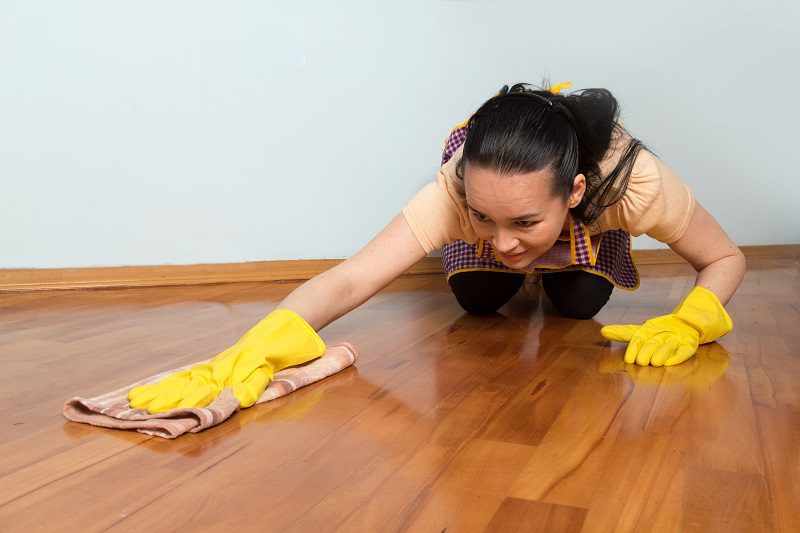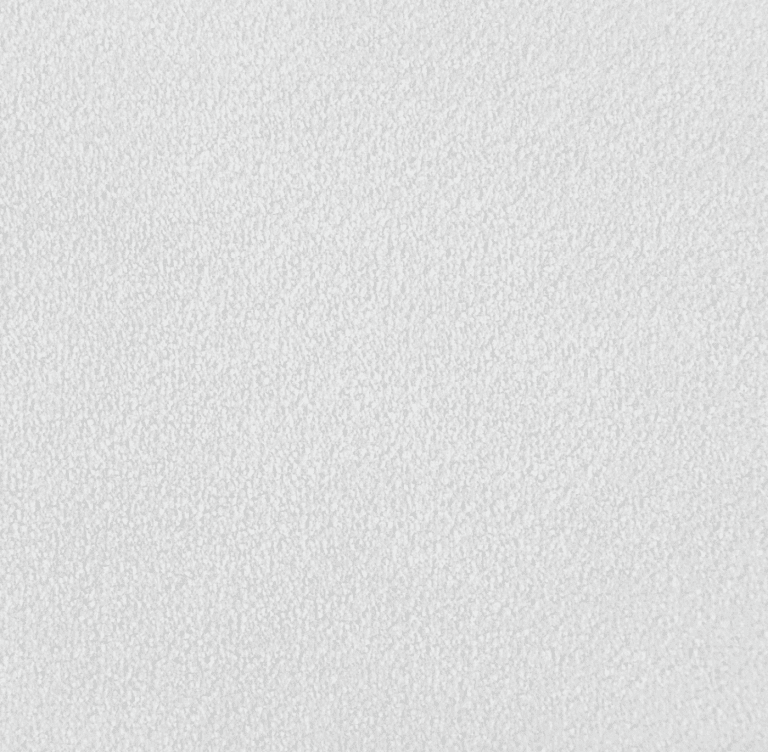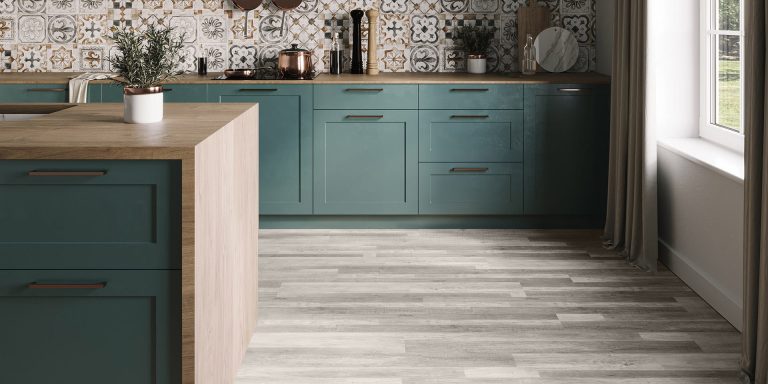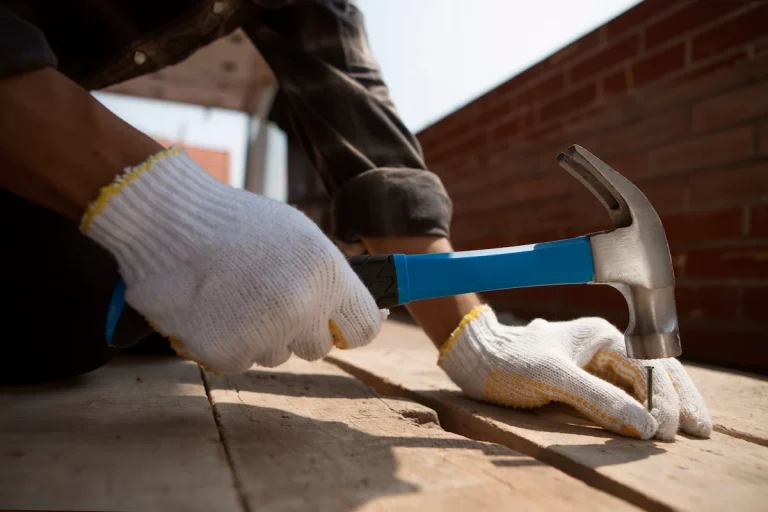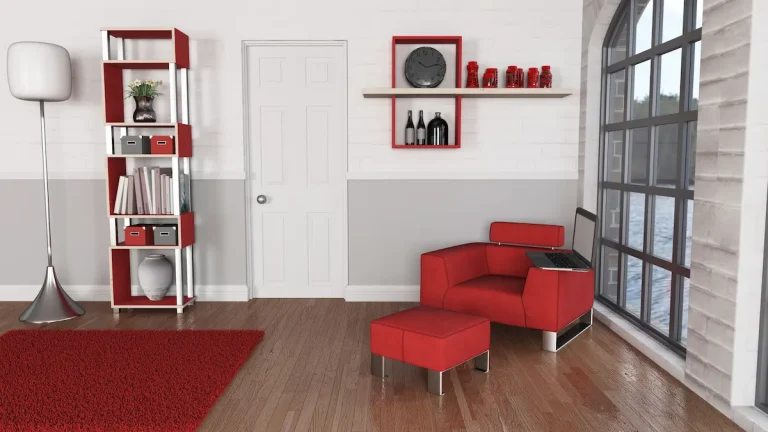Engineered wood flooring is a popular choice for many homeowners due to its timeless appeal and durability. But, how long does engineered wood flooring last? The lifespan of wood flooring can vary depending on several factors.
We will explore what influences the longevity of engineered wood flooring and how the type of wood used can affect its durability. Discover practical tips on how to care for and maintain your engineered wood flooring to ensure it stays in top condition for years to come.
So, how long does engineered wood flooring last? If you want to learn how to prolong the life of your engineered wood flooring and avoid common mistakes, keep reading!
How Long Does Engineered Flooring Last?
The durability and longevity of engineered wood flooring depend on various factors such as the type of wood, maintenance practices, and environmental conditions. Understanding the lifespan of wooden flooring is essential for making informed decisions about installation and care.
One important factor affecting the lifespan of wooden flooring is the maintenance routines implemented. Regular cleaning and proper care can greatly enhance the durability of the wood. Using suitable cleaning products and techniques is crucial to prevent damage and wear over time. Environmental factors like humidity levels and temperature fluctuations also play a significant role in determining how well wooden flooring holds up.
Different types of wood, such as oak, maple, or cherry, vary in their natural hardness and susceptibility to scratches or dents, affecting their longevity. The choice of finish, whether oil-based or water-based, further influences the durability and maintenance requirements of the wooden flooring. If you’re wondering how long does engineered wood flooring last, much of it comes down to choosing the right materials and caring for them properly.
Factors that Affect the Lifespan of Engineered Wood Flooring
Several key factors can significantly influence the lifespan of wooden flooring. Factors such as humidity levels, footfall, and installation quality play a crucial role in determining how long does engineered wood flooring last.
Humidity levels are a major factor as excessive moisture can lead to warping and cupping of the wood. If the humidity is too high, it can cause the wood to expand, while low humidity levels can result in shrinking and cracking.
Footfall is another important consideration. High-traffic areas can lead to scratches and wear on the wood surface, impacting its appearance and structural integrity over time.
Installation quality is paramount for the longevity of wooden flooring. Improper installation can result in gaps, uneven surfaces, and loose planks, which can accelerate wear and tear.
The Signs That Engineered Wood Flooring Needs to Be Replaced
Recognising the signs that indicate the need for engineered wood flooring replacement is essential for maintaining a safe and visually appealing living space. From visible wear patterns to structural issues, understanding when to replace your wood floors can prevent further damage and ensure the longevity of your flooring.
Extensive scratches on the wood surface can not only detract from the aesthetic appeal but also compromise the integrity of the flooring. Similarly, water damage, often manifested through warping or cupping of the planks, is a common indication that the wood may need replacing.
When repair efforts no longer suffice in restoring the floor to its former glory or when the overall stability of the floor is compromised, opting for a full replacement becomes imperative. It’s crucial to address these indicators of engineered wood floor replacement promptly to avoid more extensive and costly repairs down the line. If you’re asking yourself how long does engineered wood flooring last, these signs are a good measure of whether it’s nearing the end of its lifespan.
How to Care for and Maintain Wood Flooring
Proper care and maintenance are crucial for preserving the beauty and longevity of wooden flooring.
Regular sweeping or vacuuming with a soft brush attachment can help prevent scratches and debris buildup on your wooden floors. For a deeper clean, damp mopping using a wood floor cleaner specifically designed for the type of finish you have, is recommended.
Avoid using strong chemicals or excessive water, as these can damage the wood and finish. It’s important to promptly clean up spills and avoid dragging heavy furniture across the floor to prevent scratches. Placing doormats at entrances can help reduce dirt and grit being tracked onto the floors. With the right upkeep, you won’t need to worry too often about how long does engineered wood flooring last, as good habits can extend its life for decades.
See product: Ted Todd Warehouse Husk – Narrow Herringbone
The durability of engineered wood flooring is influenced by both proper maintenance and the quality of the product itself. To get the top-notch quality in engineered wood, consider visiting the TEKA Flooring showroom in Peterborough.
Read also:


























